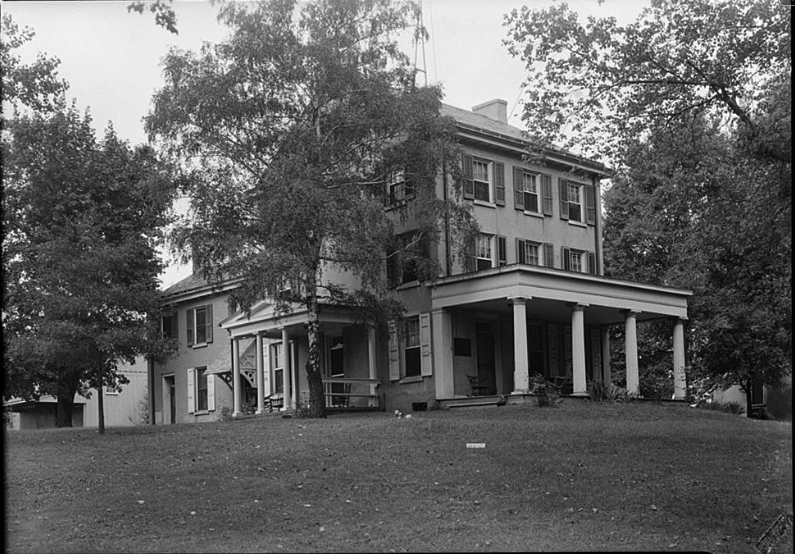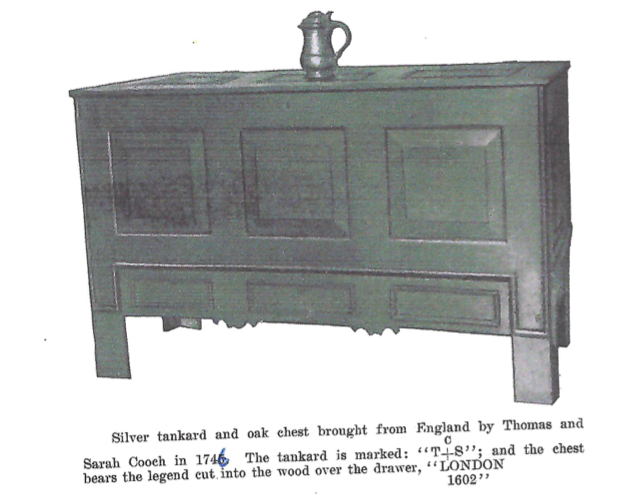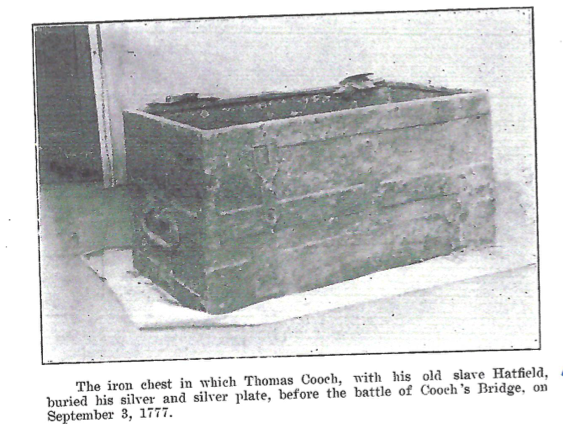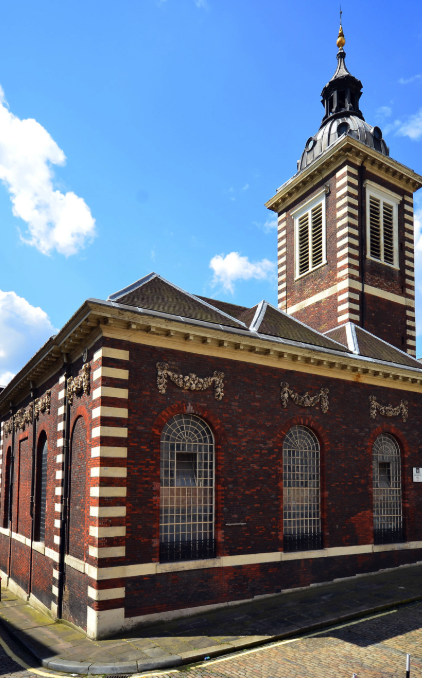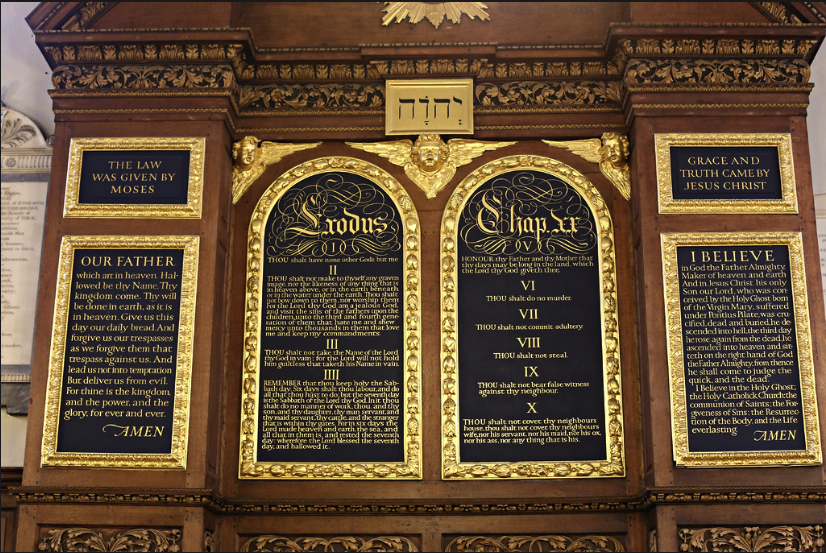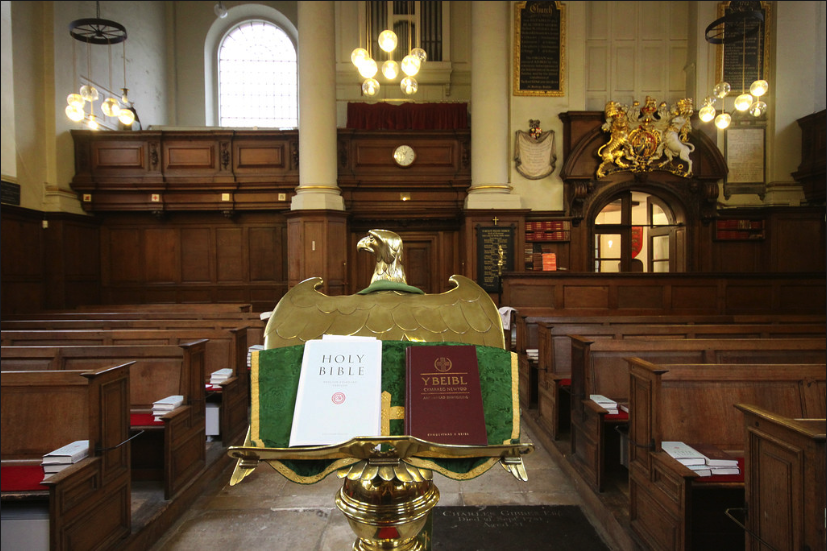Two children were born to the union of Thomas and Sarah Cooch; son, Thomas Jr and daughter, Frances Elizabeth.
The Cooch family sailed for America in 1746. Cooch purchased 200 acres of land and a grist mill from John Dayett, in what is now the State of Delaware. In 1760, he built the first two stories of his stone house on a rise facing east to the Christiana River.
During the Battle of Cooch’s Bridge on September 3, 1776, the Cooch house witnessed the burning of its mill by British commander Lord Cornwallis, who commandeered the house as headquarters for five days. Cornwallis stabled his horses in the dining room until his army moved toward Philadelphia on September 8. Cornwallis considered using this location for a permanent headquarters but ultimately felt the location of the house was not suitable and moved his army north to Philadelphia.
Cooch was a Captain in the French and Indian Wars, commissioned by Lieutenant Gov. John Pen, and he was appointed Judge of the Court of Common Pleas for New Castle County, Delaware. On March 20, 1775, he became the Colonel of Regiment for Lower Division of New Castle County. Thomas Cooch died in New Castle County, Delaware on November 16, 1788, at the age of 88. He is buried in Old Welsh Tract Baptist Cemetery, Newark, New Castle, Delaware.


